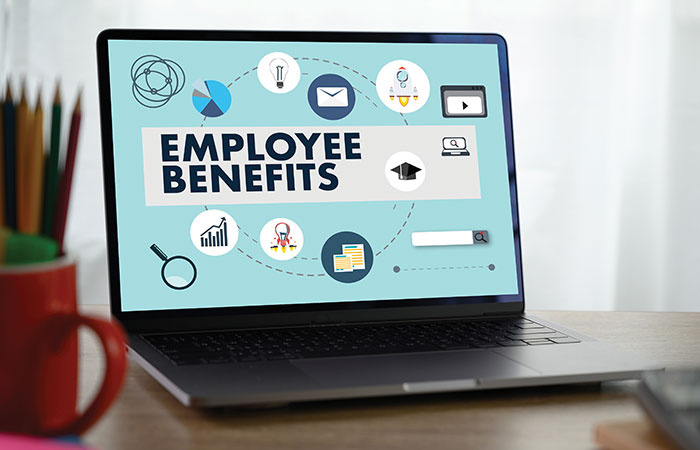When it comes to finding your dream job, salary is only part of the picture. The benefits package offered by employers is a critically important component - and one that's too often overlooked by prospective employees.
To prevent that from happening to you, below we've collected some of the most important information to consider the next time you're in the market for a new position.
The Business of Employee Benefits
For employers and employees, benefits are a two-way street. Workers tend to be happier and more productive when their companies offer a full complement of supplementary benefits. Those doing the hiring, on the other hand, can more easily compete for talented workers by offering an attractive amount of non-salary compensation.
The most common employee benefit in the U.S., of course, is health insurance. What many people don't realize is that employer-based healthcare is a fluke of history. Because of wage controls instituted by the U.S. government during World War II, many companies began offering health insurance as an inducement for new workers. The idea proved so popular that healthcare and employment became inextricably linked after the war ended.
Along with health insurance, private companies have historically offered pension plans to workers as a primary benefit. The goal of these defined-benefit pensions was to support retired workers by paying them a percentage of their previous income every month once their career was finished. While defined benefit pensions are typically a good financial deal for workers (often requiring little to no employee financial contribution), corporations have been phasing them out for years in favor of a new system - the 401k.
The 401k is similar to a pension except for one crucial thing - it places the responsibility of securing a financially independent retirement on the worker, rather than on the company. Employees agree to invest a percentage of their salary each year in a retirement account, and can earn an employer contribution match, up to a certain percent.
Like employer-based healthcare, many people assume the 401k has been around forever. In reality, it was created in the 1980 by an obscure financial advisor who was trying to help his clients earn a tax break. The 401k was never designed to be a standard workplace benefit - let alone the default retirement planning option for most workers.
While health insurance and retirement contributions are the most common forms of employee benefits, there are plenty of other non-salary compensation programs widely available today. Many firms offer workers expanded maternity and paternity leave or additional vacation time, the opportunity to purchase subsidized life insurance or discounted stock options and cafeteria plans.
The Takeaway
When considering whether or not to accept a new position, it's important to look beyond salary figures when weighing the value of an offer. The right package of benefits can help you stay healthy, save for retirement and enjoy more time away from the office.
And that's a combination sure to benefit anyone.

